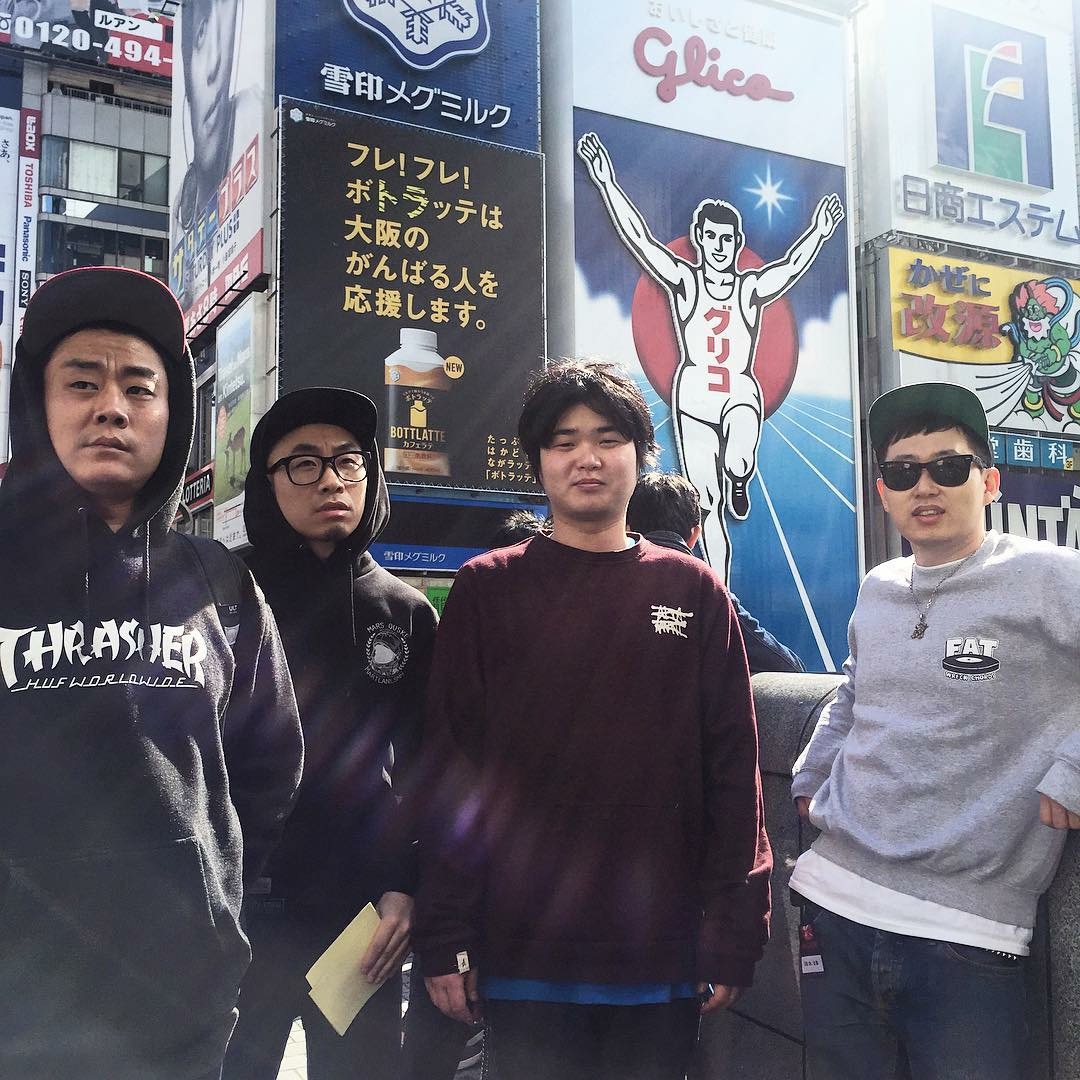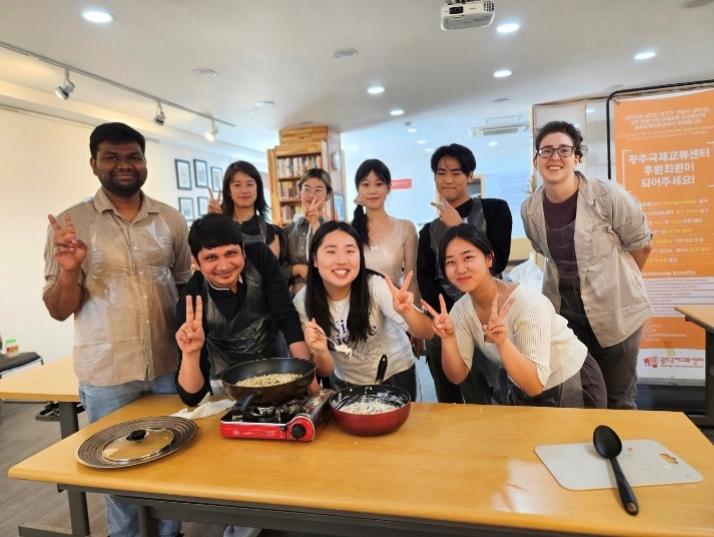Life After Facebook
Why I Finally Quit Social Media for Good.
Written by Michael Goonan.
For billions of us in the world today, social media has become an integral part of our lives. Whether we use Facebook, Twitter, Instagram, or all of the above, these apps are sending dozens of notifications to all of our devices, every single day. Without a second thought, we look at our screens as soon as we have been pinged. It is an old classmate’s birthday; an acquaintance has posted a picture of their lunch; a politician or celebrity has said something outrageous.
Most of us never envisioned this when we first signed up for these services a decade or more ago. When Facebook began in 2004, flip phones were what most of us carried in our pockets. Likewise, when we first upgraded to a smartphone, we may have just thought it was nice not to carry two devices in our pockets anymore – a phone and a music player. Little did we know that within a few years, these devices would be taking up so much of our time and attention.
Those of us who remember a time without these devices know in our hearts that they are sucking away too many precious moments of our lives. To be honest, I have known this for years, but it was not until a couple of months ago that I finally decided enough was enough and deleted my Facebook account for good.
How I Started Using Facebook
It was the fall of 2007. I was 16 years old and had just transferred to a new high school. I was eager to meet new friends and reconnect with old ones. For a while, I had managed to resist the trend of joining social networking websites. I had tried MySpace in the past but found it to be an unimpressive waste of time and deleted my account within about two weeks. But this new site seemed different. It was not full of ads and visual clutter, it did not auto-play music I did not want to hear, and it seemed to have some good privacy features. I thought maybe it could be useful, so I signed up. What is more, it was a site that was previously only open to college students, so the fact that I could now use it as a high school junior must have felt “cool.”
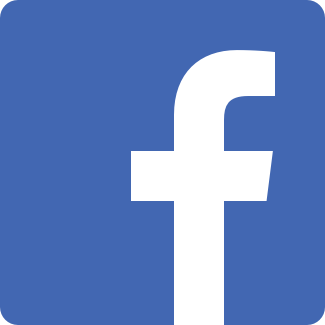
Apart from a few weeks of curiosity when I first opened my account, I probably logged into Facebook once a week at most until I started university. This time, I was even more eager to connect with my new classmates, as I was striking out on my own in the world for the first time.
I joined my university’s incoming class group and “friended” lots of people, some of whom I would get to know eventually, but most of whom I never got to know beyond the level of acquaintance. I guess it must have fulfilled, in a very rudimentary way, my desire to feel like a welcome member of my new class.
How My Facebook Use Evolved
Around 2011, I got my first smartphone. It was also around this time that Facebook released Messenger as a standalone mobile app. One convenient aspect of this service was the ability to simply add people as friends after meeting them, and then connect on Facebook Messenger , rather than having to save so many phone numbers. Little did I know, this was just the beginning of the company’s carefully engineered process of getting me – and millions of other users – to increasingly view the site as indispensable to daily life.
Around this time, Facebook introduced its newsfeed and started sending more and more notifications to its users. All of these features were designed to keep users engaged with the Facebook ecosystem as much as possible in order to maximize advertising revenue. Before long, I was checking Facebook on my phone many times a day. This habit more or less continued for the rest of the decade, save for a few eye-opening periods of time when I made the deliberate choice to “detox” from the service for an interval.
As I spent most of the period from 2015 to 2018 traveling the world, meeting many interesting people along the way, disconnecting from Facebook seemed unthinkable. Imagine, losing touch with all these people! Even scarier was the notion that I would surely lose touch with my friends and family back in the U.S. Deep down, I knew in reality that this was just an excuse to justify my habits of scrolling, clicking, and commenting. During those years, I probably stayed most consistently in touch with my grandfather, who did not own a cell phone and barely knew how to use any technology that came out after the 1980s. I did manage to get him on Skype every now and then, but for the most part, that relationship was maintained with good, old-fashioned phone calls and regular visits home. Looking back on it, my deep subconscious probably most feared standing in line, sitting on the toilet, or riding a bus without constant access to stimulation.
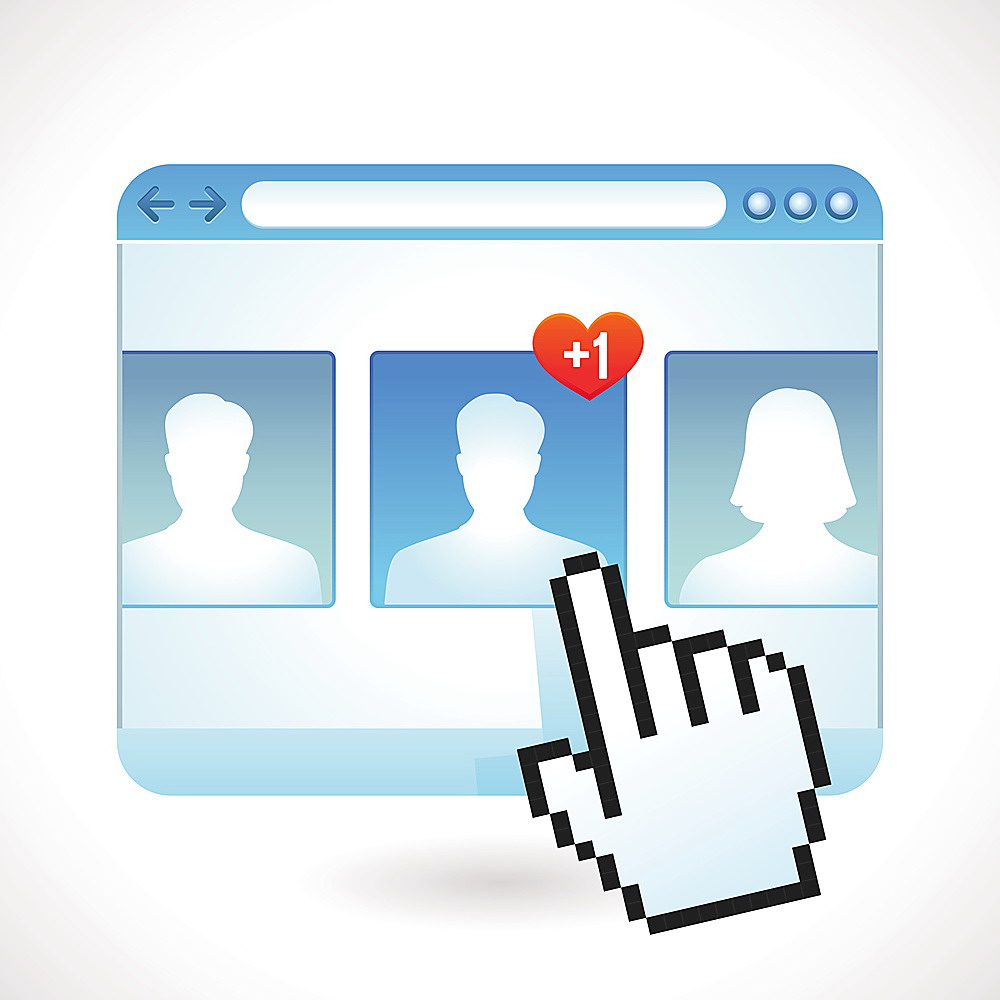
Each time I did one of my “detoxes” from Facebook, I was astonished by how much better I felt. A certain jittery, low-level anxiety was gone. I felt so much more engaged with the world around me. My attention span seemed to instantly expand, and it suddenly felt like there was just so much more time in the day. I read entire books in two or three days. I exercised more and got out in nature. I meditated, played the guitar, and did lots of writing. Perhaps most ironically, my social life often improved, as I made the effort to actually send long emails to my friends, call them, or actually meet in person rather than “like” their status or leave a brief comment on an article they shared. Each time I did a detox, it gave me a lot of clarity as to just how much mindless Facebook use had colonized my time.
“Things will be different from now on,” I told myself. I deleted the app from my phone, drastically reduced my data plan, and resolved to only check it occasionally and mindfully. That was all well and good, for a while. But before long, the site’s carefully engineered methods of sucking in my attention began to take hold, and I was browsing the site on my mobile browser and letting it distract me at work. Facebook’s ability to fragment my attention was simply too powerful for my willpower to contend with. When I watched the excellent documentary The Social Dilemma in September 2020, which interviews many of the tech executives and engineers who designed these tools, it finally became exceptionally clear that this was exactly the point. I could no longer ignore that, despite the small benefits it provides, social media use had become a true cancer on my life and on society as a whole.
Let us look at some of the costs of our addiction to social media.
Impact on Individuals
Wasted Leisure Time: The average Facebook user spends about 50 minutes per day using the service (not including time spent on Facebook Messenger), and the average social media user spends roughly two hours per day using apps and websites such as Instagram and Twitter. The younger generation is even worse, with one in five teens spending five hours a day or more using these services. What is more, people tend to drastically underestimate the amount of time they spend using social media each day. Removing the drain of social media on your time can lead to the miraculous feeling of suddenly adding several hours of leisure time to your week to engage in high-quality social activities and hobbies.
Loss of Productivity: The average smartphone user spends three hours and 15 minutes per day staring at their screen. If you are anything like I used to be, most of this time is related to social media use. To make matters worse, the average user picks up their phone 58 times per day, which is obviously horrible for concentration and productivity. It turns out that social media apps in particular are some of the worst offenders at sapping your attention because they are purposely designed to nudge you to pick up your phone and engage with the services as much as possible. This trains your brain to expect frequent dopamine hits, leading to a moderate form of addiction. But the worst harm to your productivity is the fragmentation of your attention. It turns out that frequent distractions such as checking social media, email, and phone calls lead to an average drop of ten points in IQ scores. With the average person checking their smartphone every 12 minutes during their waking hours, this means that we are putting ourselves into a state of continuous partial attention (CPA), making it very easy to feel that there are not enough hours in the day to accomplish goals that would be attainable in much shorter periods of time if we were able to focus our attention.
Mental Health: “Social media” is actually a horrible misnomer for services like Facebook, Twitter, and Instagram. Why? Because it turns out that the more you use it, the lonelier and more isolated you feel, on average. While it is true that the research has not fully established the direction of causality (i.e., whether social media use causes people to feel isolated or whether feelings of isolation lead to more social media use), it does not really matter. Even if social media itself turns out not to cause loneliness or isolation, using it for hours a day that could otherwise be spent meeting up with people in person certainly will not be a viable solution to the problem.
In any case, there is good evidence that social media use, in and of itself, really is causing serious mental health problems. Professor Jean Twenge of San Diego State University has been studying generational differences for nearly three decades. During the period 2011–2015 (the exact time that smartphones and social media use reached near ubiquity), major depressive episodes among teens suddenly increased by 50 percent, along with feelings of uselessness. There were also significant falls in time spent socializing outside the home with friends, life satisfaction, and happiness. Twenge has dubbed this generation, born after 1995, as “iGen,” because they are the first generation in history for whom smartphone and social media use were present for their entire adolescence. She contends that there is a strong causal connection between the rise in social media use and the serious increase in teen mental health issues.
Impact on Society
“Information Glut” and Fake News: Way back in the 1980s, media theorist Neil Postman said that television was leading to an unprecedented situation: “information glut.” For all of human history up to that point, the biggest problem would have been a lack of information. But Postman argued that the rise of 24-hour news on television was troubling, saying, “When there is too much information to sustain any theory, information becomes essentially meaningless.”
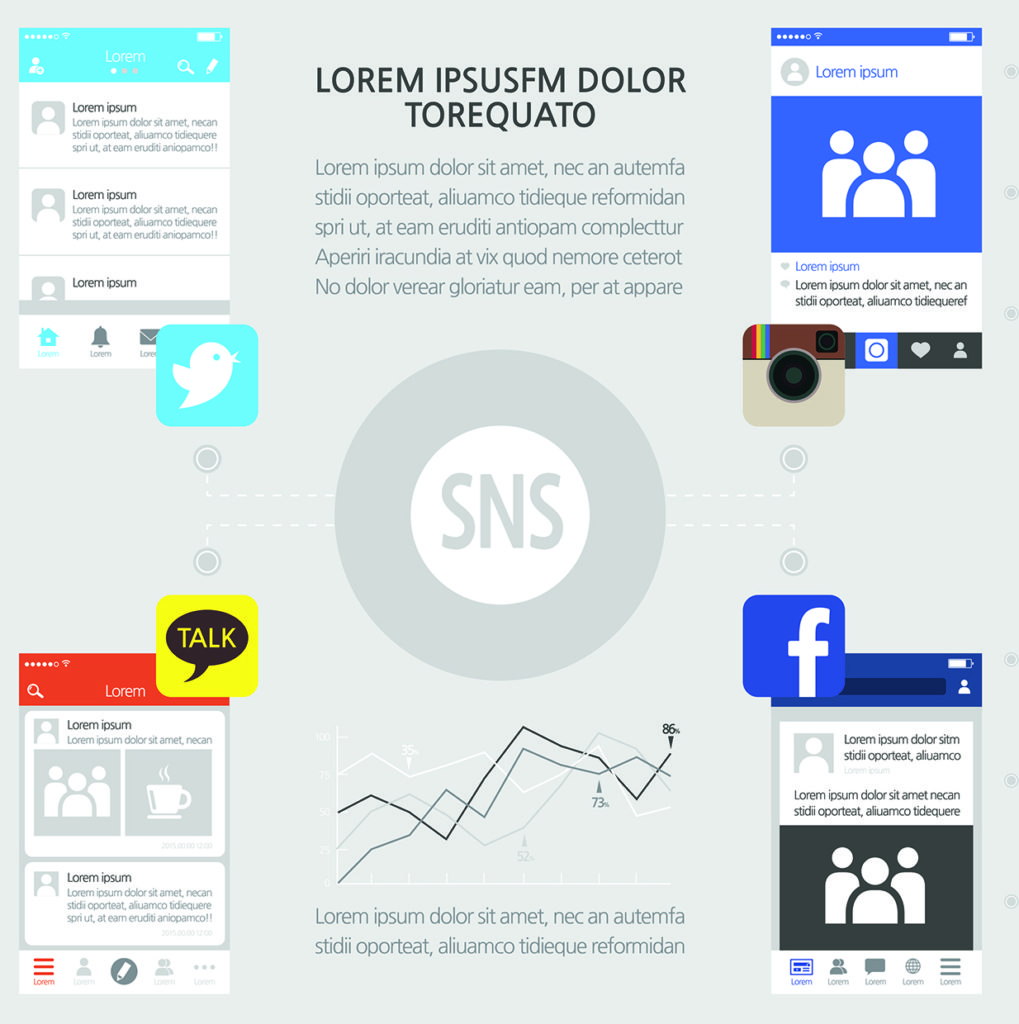
Social media has since made things worse, as its algorithms quickly learn to only show you information that aligns well with your prejudices. This would be bad even if social networks were selectively sharing factual news stories in this way. But a 2018 MIT study found that fake news stories are actually far more likely to spread on social media than real ones. On average, fake stories were 70 percent more likely to be shared, and spread at least six times faster than true stories. Because of confirmation bias, the brain has a strong incentive to believe these fake stories. Extrapolate the effects of this to the billions of people using social media, and you see how this might cause serious problems.
Polarization: It turns out that social media algorithms are exposing us to more extreme points of view as well. A 2016 Harvard study found that politicians with extreme ideologies gathered a larger following on social media and that posts expressing extreme views were more likely to be noticed and circulated on the platform.
Conclusions
All of these factors and more have led me to conclude that social media has been a toxic presence in my life. It has wasted my time, hurt my productivity and social life, been bad for my mental health, and likely has lead me to be ruder and more misinformed than I would otherwise have been. The first couple of weeks without social media were a bit strange, and it was definitely an adjustment to re-learn other ways of staying in touch with people I cared about. But now, after being free for a couple of months, I can tell you very honestly that I do not miss its presence in my life. On the contrary, letting go of social media has enabled me to engage more meaningfully with the world and people around me. Perhaps deleting your accounts will do the same for you.
See http://goonan.us/musings/life-after-facebook-why-i-finally-quit-social-media-for-good/ for an extended version of this article.
The Author
Michael Goonan is a writer, teacher, and wanderer from Pennsylvania, USA. He currently works as a middle school teacher in Yeonggwang and previously taught in the Czech Republic and Australia. As he was a philosophy major during his undergraduate years, he is passionate about living a life with “love of wisdom” at its foundation. He writes about his travels, human nature, and other topics of interest at goonan.us. Email: goonanm2@icloudcom

